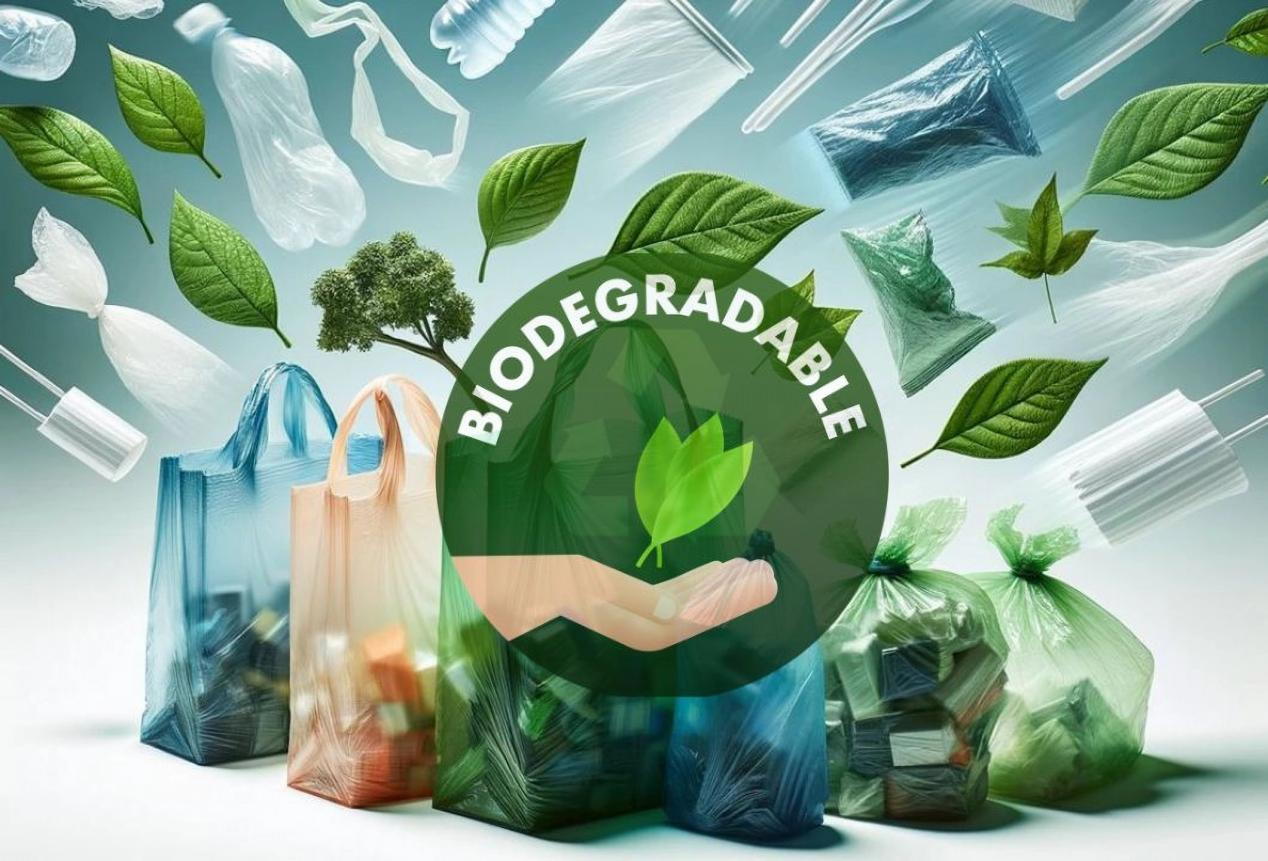PVP polyvinylpyrrolidone with CAS 9003-39-8. Its molecular formula is (C6H9NO)n, where n represents the degree of polymerization, that is, the molecular weight of the polymer. PVP has specific chemical structure and physical properties, making it widely used in many fields.
With the increasing severity of global environmental problems, reducing plastic pollution and promoting sustainable development have become urgent issues to be solved. Biodegradable plastics are of great significance to environmental protection because of their ability to degrade in the natural environment and reduce long-term plastic waste. Such materials can be broken down by microorganisms under certain conditions and eventually converted into carbon dioxide, water and biomass, reducing the damage to the ecosystem. However, biodegradable plastics still need to be further optimized in terms of mechanical properties and degradation rate.
The application of polyvinylpyrrolidon in biodegradable plastics is mainly reflected in its application as a modifier, which significantly improves the mechanical properties and degradation rate of the material by combining with other biodegradable materials.
PVP is a synthetic water-soluble polymer with high solubility, adhesion and chemical stability. Due to its good film formation and chemical stability, PVP can be used as a modifier to combine with other biodegradable materials such as polyvinyl alcohol (PVA) to significantly improve the overall environmental performance of the material. For example, studies have shown that PVP can increase the hydrolysis rate of PVA, thus accelerating the biodegradation process of plastics. In addition, the introduction of PVP can also increase the toughness and elasticity of the material, making it more durable and reliable in practical applications.

PVP is used as a catalyst to accelerate the degradation of plastics. Compared with traditional plastic degradation technology, PVP catalytic degradation technology has the following advantages:
(1) Low cost: PVP, as a common and cheap polymer, has a relatively low cost of degradation reaction, which is convenient for large-scale application;
(2) Efficient degradation: PVP catalyst can effectively decompose plastics, accelerate the degradation process, so that the degradation rate can be improved, and the degradation effect is more significant;
(3) Environmental protection and sustainable: PVP catalytic degradation technology can achieve efficient degradation of plastics, and will not produce toxic and harmful substances, more friendly to the environment.
The combination of PVP and PVA is a typical successful case. PVA/PVP hydrogels prepared by γ-ray irradiation have demonstrated excellent biodegradability and antimicrobial properties, which makes them have wide application potential in medical and agricultural fields. Specific case studies have shown that the degradation rate of PVA/PVP hydrogels in soil is significantly increased, helping to reduce the environmental impact of agricultural waste.
The advantages of PVP as a modifier lie in its high solubility, excellent film formation and chemical stability, which enable it to enhance the mechanical properties and degradation rate of biodegradable plastics. However, PVP is not a fully biodegradable material on its own, so it needs to be combined with other biodegradable materials when used. In addition, PVP is heavily used in aquaculture as a polymer that is difficult to biodegrade and may cause long-term pollution to the environment.
In summary, the application of PVP in biodegradable plastics is mainly through combining with other biodegradable materials to significantly improve the performance and environmental adaptability of materials.